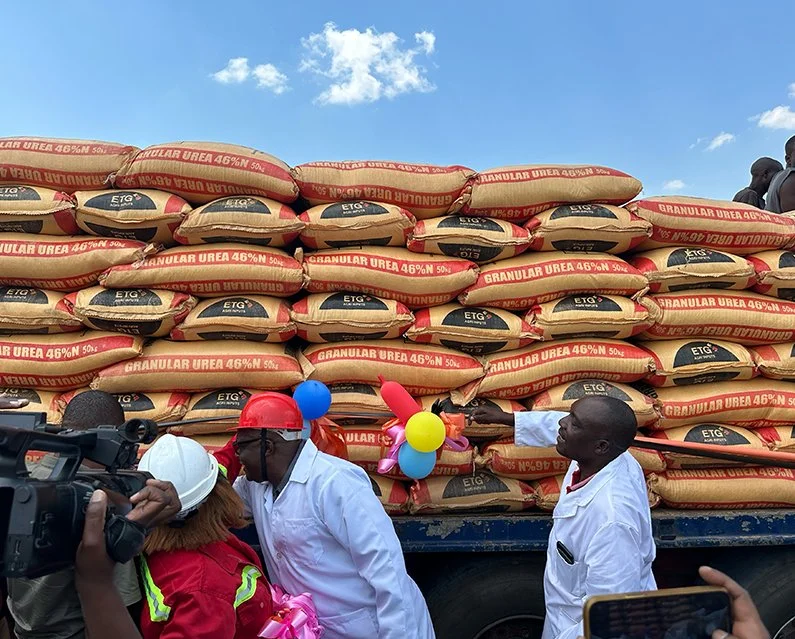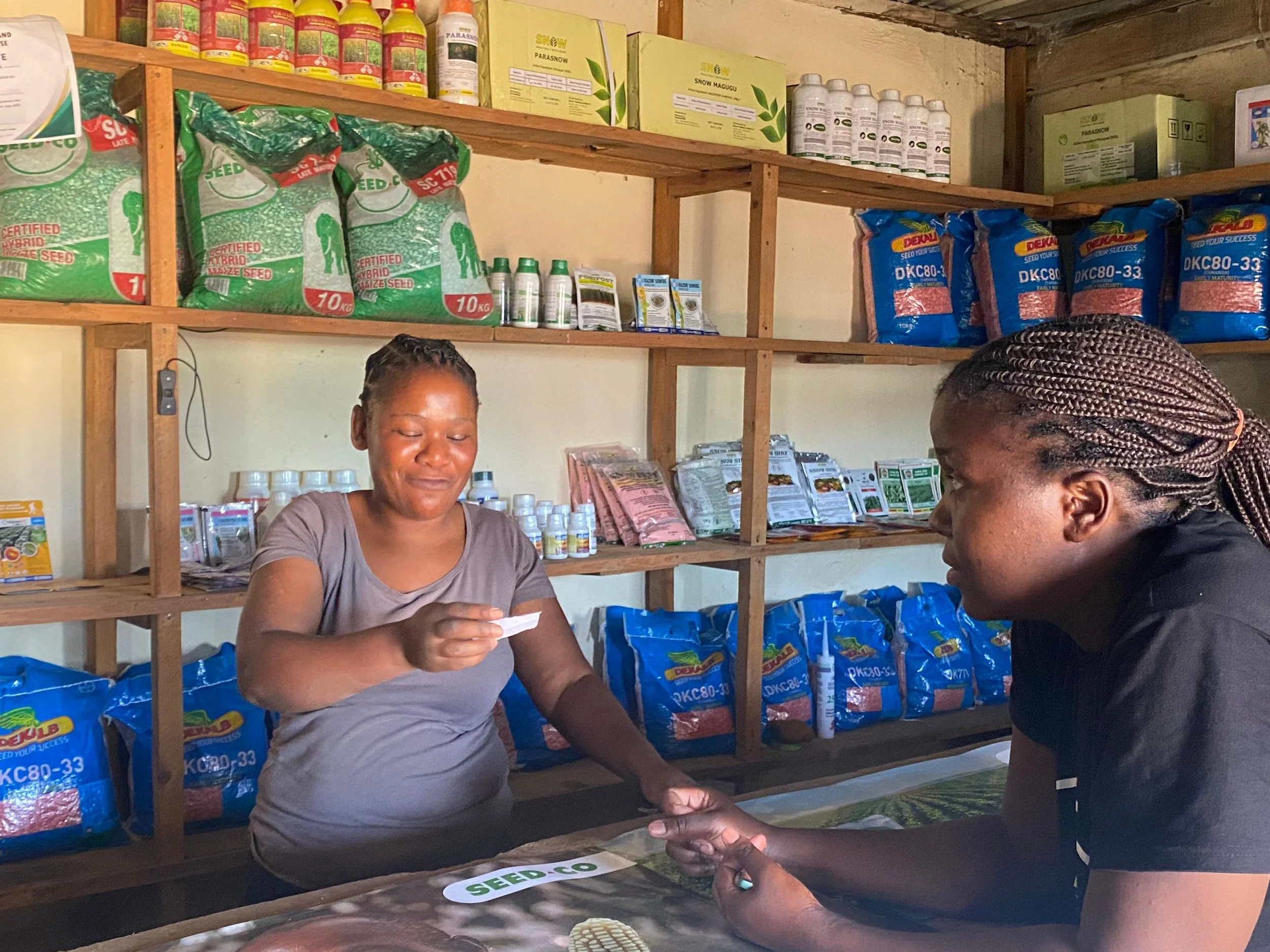A Fair Deal for Farmers: How E-Vouchers Are Revolutionising Zambia’s Agriculture Sector
For over a decade, Zambia’s Farmer Input Support Programme (FISP) has stood at the centre of government policy to assist smallholder farmers. Yet for much of this time, the system was plagued by inefficiencies, poor targeting, and high costs. The New Dawn government’s decision to fully adopt the electronic voucher (e-Voucher) system has marked a turning point, making FISP more transparent and accountable to farmers’ needs.
Under the old Direct Input Supply (DIS) model, farmers were given fixed packs of fertiliser and seeds, often delivered late and distributed through centralised depots. This left them with little choice over what to plant and often forced them to travel long distances to collect inputs. In addition, many beneficiaries were not genuine smallholders, fostering resentment among rural farmers and allowing undeserving recipients to benefit year after year.
Following his election in 2021, President Hichilema Hakainde pledged to reform FISP to make it more inclusive, efficient, and sustainable. A central achievement has been the expansion of the e-Voucher system, which allows farmers to redeem government subsidies at registered agro-dealers of their choice.
This progressive policy reform has revolutionised Zambia’s agricultural sector, underpinning President Hichilema’s central mission of completely revamping Zambia’s economy.
Sowing Seeds of Success
The new e-Voucher system was rolled out in 74 districts in the 2024-2025 farming season, and the 2025-2026 farming season will be the first in which all 116 districts use the e-Voucher exclusively. Early signs are encouraging with a forthcoming Ministry of Agriculture report set to show that 81% of surveyed farmers were satisfied with the e-Voucher process, while 96% expressed a desire to continue using it.
This satisfaction is strongly linked to improved yields. Compared to previous seasons, 96% of farmers reported high crop output, a key driver of household food security and rural prosperity.
Timely distribution through the e-Voucher system lowers expenses for farmers and strengthens rural productivity.
One beneficiary, Zacchaeus Saleh Mwale, resident of Giddly Farm Plot, said that in the 2023-2024 season his family harvested fewer than 30 bags of maize. “This time around” he said, “we are close to one hundred bags…At household level, we have food security, and above all we are able to support our grandchildren.”
Crucially, the e-Voucher system has lowered costs significantly for farmers. According to the ministry’s report, farmers on e-Vouchers saved on average K440 per fertiliser input pack compared DIS prices. By creating a market with more competitive prices, Zambian farmers have collectively saved K325.4 million in the 2024-2025 season. These savings have allowed households to reinvest inputs, diversify production, and strengthen long-term farm productivity.
Jobs, Jobs, Jobs
The expanded e-voucher system has also been responsible for job creation on the distribution side – a key tenet of President Hichilema’s 2021 election campaign. The ministry’s report indicates that 86% of agro-dealers hired additional staff last season because of their participation in FISP.
Jane Luhanga, Director of Bejack Farmers’ Friend in Kapiri Mpohsi, said her business has grown rapidly. “Following the introduction of the E-voucher recently, we initially only had six workers but now we have expanded to 16 employer’s font. We have around five outlets in Kapiri Mposhi and have extended our reach as far as Mkushi and Mpongwe Districts, bringing our total workforce to 24.”
For many agro-dealers, the e-Voucher has expanded opportunities to serve rural communities while creating attractive jobs in distribution and retail.
Well-supplied agro-dealer stores are helping farmers access the inputs they need when they need them.
The restructuring of FISP is more than just an administrative reform. It represents a boarder effort to empower smallholder farmers and pursue Zambia’s agricultural potential. By ensuring that subsidies reach genuine beneficiaries, reducing costs, and driving productivity, the government has laid a stronger foundation for rural prosperity.
As the e-Voucher rolls out nationwide in the 2025-2026 season, it reflects President Hakainde Hichilema’s pledge to make agriculture a driver of inclusive growth and national development. With consistency in policy and delivery, the programme is set to secure a more prosperous future for Zambia as a whole.


